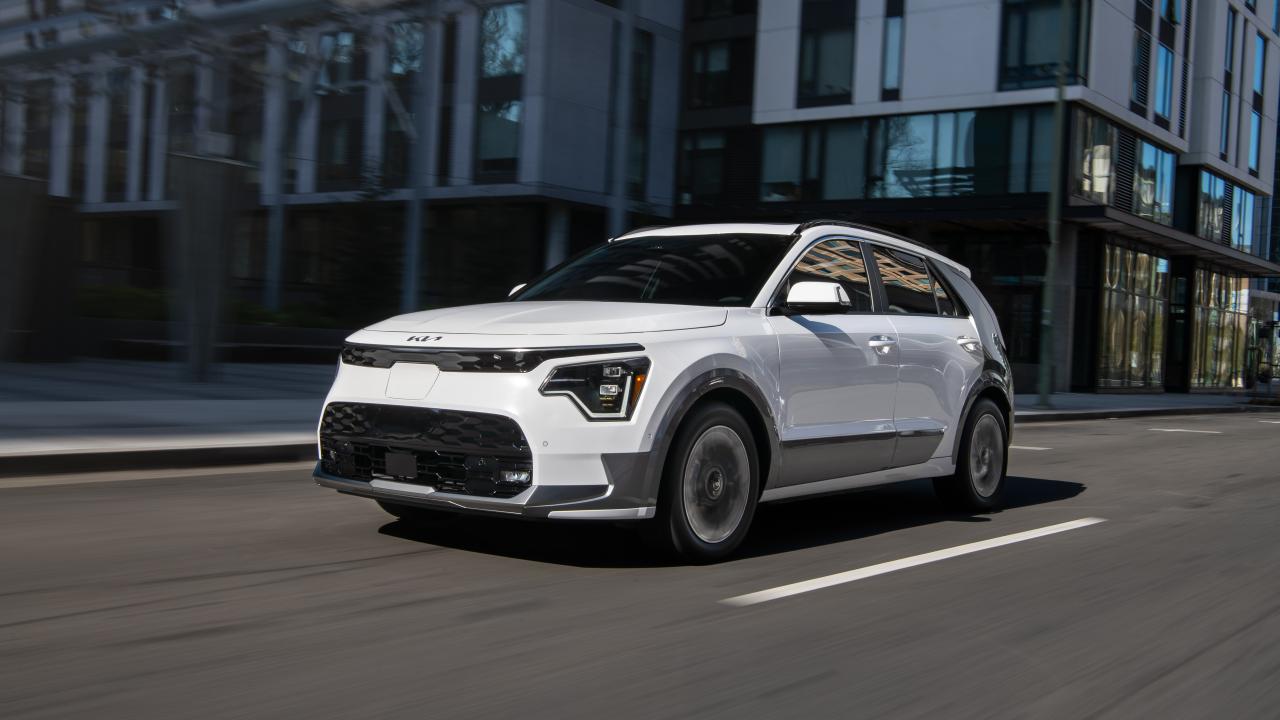
As in other industries, this business scheme has reached the automotive industry as an alternative that can be cheaper than a vehicle loan or a smart purchase and, incidentally, more environmentally friendly.
Car sharing is a global trend model. Car subscription in Latin America, which had its boom during the pandemic due to the change in behavior in relation to transportation and mobility, began in Brazil, then Argentina, and now in Chile.
The proposal of the automotive industry is to go from selling cars to being service providers, that is, offering the user all the benefits of a car without the need to buy one and including all the associated requirements, such as patent, technical inspection, insurance and maintenance, among others.
Furthermore, considering the report of the Mexican Association of Automotive Dealers (AMDA) in conjunction with the information provider JATO Dynamics and the global consulting company Urban Science (2022) on automotive financing and the fact that brand-name financial companies monopolize 80% of this, the economic advantages offered by the subscription are attractive.
The Brazilian Association of Car Rental Companies (ABLA), in a balance that only includes vehicles belonging to its members, indicates that the fleet destined for the subscription car service of the country's rental companies grew by 16.4% in 2022, a total of 106,000 units at the end of September, compared to 91,000 in the same month in 2021. “This is a relatively new niche in car rental, but it undoubtedly caught the attention of those who value use more than property,” said the managing director of the association, Paulo Miguel Júnior. “The pandemic made people avoid crowds on public transportation, for example.”
It is also a sustainable alternative. According to a study carried out by the International Automobile Federation for Latin America and UN Environment, improving urban mobility by 2030 in the city of Buenos Aires would save more than US$ 10.5 billion, avoid the premature death of more than 6,200 people due to air pollution and reduce more than 65 million tons of greenhouse gases.
On the other hand, in Chile the Minister of Transport and Telecommunications, Juan Carlos Muñoz, said at the end of July that the law that regulates transportation application companies (EAT) provides new guidelines and requirements for application companies, drivers and vehicles. digital platforms such as Uber, Cabify and DiDi. He recalled that the new requirements “must correspond at least to those established for basic taxis” and clarified that no decision has been made about the end of city cars in transport apps .
“We have to wait for the regulations,” he said.
Alberto Escobar, mobility manager of the Automobile Club of Chile, warned that there is a possibility that between 10,000 to 20,000 occasional city car drivers will be left out of the application system. Would this (in)directly boost the car subscription business ?
SMARTYCAR: RENTING IN CHILE
“Chile is the most developed market in terms of financial momentum,” Benjamín Salineros, CEO of Smartycar, told AméricaEconomía , comparing the country with others at the regional level. "Today there are around 15 actors that are carrying out some proposal for this new form of mobility, and at the Latin American level the truth is that we have seen incipient proposals in some countries like Mexico and Colombia that are still small if I compare it with the Chilean market. "That has a lot of potential."
Smartycar, from the automotive company Salinas y Fabres SA (SALFA), offers a zero kilometer car through a monthly subscription through a procedure that can be carried out 100% online through its platform and with plans ranging from US$ 353.22 per month, with a duration of 12, 24, 36 and up to 48 months. At the end of the contract, the client returns, extends or renews it.
“Let's remember that the car depreciates over time,” said Salineros about the financial experience they offer, since contrary to the model is the high cost of the vehicles, uncertainty of the residual value or the sale value in a couple of years, and technical uncertainty. Versus a credit or a smart purchase, it implies a saving of 30%.
Likewise, it has four business lines: traditional Smartycar, which are all vehicles; Smartycar Black, which are luxury vehicles; Smartycar Eco, which is where its proposal for electric vehicles and mobility is; and Smartycar Seminuevo, which is a more convenient proposal in terms of price because they are the customers' vehicles that they return in advance. It is also their most flexible proposal.
Regarding electric vehicles, he considers that the model has “tremendous potential for customers to enter and experience electromobility, whether hybrid or hybrid electric. Because? Because it reduces the entry barriers for this type of vehicle.”
TOYOTA IN THE REGION
The Japanese automotive giant also points to this trend. “The idea is that all countries have it (car subscription),” Nicolás Poblete, head of mobility at Toyota Chile, told AméricaEconomía. Kinto Share (from the Japanese “cloud that moves you from one place to another”) is the car rental division of Toyota, which not only faces the habit of people with this type of business, but also with getting Spanish speakers and other foreigners associate the concept (in Japanese) of the brand with mobility.
Kinto Share, with a presence in more than 40 countries around the world, offers hybrid and commercial cars, such as trucks, in the region. This division of Toyota provides the Kinto One service, through which customers pay a fixed fee in pesos and access a Toyota car with everything included. This is divided into Kinto One Business, aimed at small and medium-sized businesses, and Kinto One Personal.
Although carsharing contracts are personal, regarding the possibility of using the vehicle for public transportation, mobility, among others, Nicolás Poblete said: “This is an issue that we have reviewed because in the contract that the person signs, the a bit of that, but ultimately it is modifiable. What will be limited is the amount of mileage.”
Toyota has mileage options of 15,000 and 24,000 kilometers per year. “A person who drives an Uber can travel, I imagine, over 100,000 kilometers a year. So, this option is not going to suit you,” he concluded.
COMPETITION AND EXPANSION
“Today the competition is flat,” said Poblete.
“ Renting is not known in other countries or very little is known from what we have investigated,” said Salineros.
Regarding expansion in Latin America, the CEO of Smartycar commented that they plan to expand to Colombia and Mexico, but emphasizes that their first goal is to reach 10% of the car market in Chile, which today represents around 400,000. Today they have 1,200 subscribed cars and an investment of over US$ 20 million in assets.
The Toyota representative assured that carsharing will be operating in all countries this year.
Increasingly, carsharing options are proliferating in the region. In Uruguay, for example, there are two new applications for car rental : OlaCar and TripWip which, despite not being operational yet, already have 300 cars.
Likewise, last May, Keko, an Argentine car rental application, landed in Mexico City after an investment of US$ 5 million. By the end of the year, the company hopes to have 110 vehicles in the Mexican capital. Unlike other car-sharing apps , Kenko users take a car from a parking lot 'A' and to take it to a parking lot 'B'. Therefore, the rate is calculated between minutes driven, time parked and kilometers traveled instead of a monthly fee . To date, the company - which began operations in 2021 - has more than 60,000 users and more than 25,000 trips made. In Buenos Aires it has 65 points to pick up vehicles.
In this way, the carsharing model has begun its journey in several Latin American markets and has been pressing the accelerator to become an alternative within the automotive industry. Will he be able to win the race against the old practice of buying private cars?










